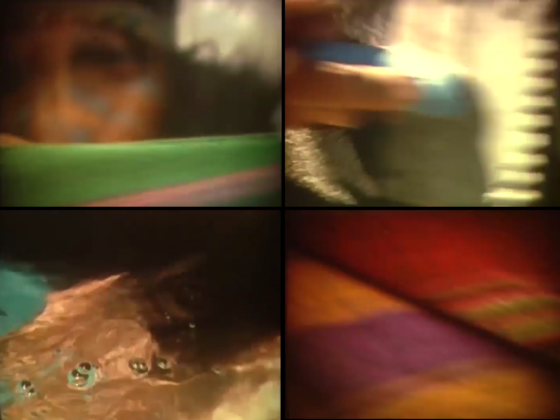Exploded View | Artificial Paradise

By Chuck Stephens
There is a boy across the river
–Sappho, 600 BC
Whose cheeks are like peaches
Alas, I cannot swim
As I type this, it’s 2:00pm in northeast Los Angeles, middle of the afternoon: the sky is brown with smoke, air conditioners are walking off the job, and last night I could barely breathe. Yesterday, it was 113 degrees in parts of northeast LA; the mountains and forests around us are on fire. “Just another day in paradise,” as the most seasoned Angelenos have become all too accustomed to gritting their smiles and facetiously confessing. I wish I could say I was used to it. My last two columns were written under similar and now much-too-familiar frightmares: first, the nationwide shutdown at the beginning of the pandemic and the prospect of cascading death, and second, a state-of-siege LA wracked with rioting, looting, SWAT-team bullshit, nightly curfews, and the conviction it would only get worse. (It has.)
All of which has pretty much nothing to do with the filmmaking of Chick Strand (1931-2009), a giant of the Golden Age of experimental cinema who (with Bruce Baillie, in 1961) founded Canyon Cinema and conjured up a homegrown, West Coast cultural context wherein celluloid artistry of every sort (cartoons, documentaries, home-movie footage, assorted visionary extrapolations) could coexist and cross-pollinate. Nothing except that Strand (born Mildred D. Totman in Northern California) was also an Angeleno for much of her life, spending more than two decades teaching filmmaking at Occidental College, a five-minute drive beneath now-wildfire-brown skies (and past my favourite taqueria) from where I now sit. (Did Obama ever peek in on one of her classes during his two years there?)
An anthropologist and ethnographer by training, Strand was a filmmaker by nature (who learned from Baillie the basics of the mechanism), a proto-feminist suspicious of dogma and inclusion, and a born poet of the interplay between flesh and light, sensuality and humanity, cultures and their creatures, intimacy and the universal. Her primary optical modality was the extreme close-up, accomplished through the use of the telephoto zoom lens, which allowed Strand a bit of artisanal distance from which to visually commingle with those she photographed and clearly adored. When zoomed entirely in upon a subject, the telephoto zoom renders every image with a fleeting tenderness and tentative fragility, like a fly preparing to alight from a horse’s flank, or an all-too-human and already-ebbing caress. “I like to hold the camera next to my body when I’m shooting,” Strand once told journalist/educator Holly Willis. “I like movement. The flow…the flow…That’s what gets me.”
Strand’s body, her subject’s bodies, their touches, endless curves of light rippling into bottomless canyons of shadow, movement as interpenetration, spells woven with orgasmic sunbeams and multicoloured fabrics, rushing patterns and palpable erotic charges—these were the strings and ceiling wax that hold together Strand’s glorious work. Sometimes while watching Strand’s work, just the knowledge of her long-gone, long-term presence here in the neighbourhood fills me with a certain sense of vicarious wonder, a tiny pang of hope. During those years, Strand and her partner, the legendary painter Neon Park, split their time between Los Angeles and their second home in San Miguel de Allende, in the eastern part of Guanajuato, Mexico. It was there that Strand made some of her most dazzling films, including the stunningly sun-drenched Artificial Paradise (1982-85), a masterpiece of evanescent tactility and unsaddled joy. No single image from Artificial Paradise can capture the film’s breathless perpetual motion, so I’ve included here a panel of four. Imagine them interwoven and unfurling at speed, across a light breeze and beneath skies unpainted by hellfire, of a pleasant evening in some Californian backyard, upon a makeshift screen. Sure, it might be an artificial paradise, but it’s a paradise nonetheless. And these days, who among us is immune from wishing that movies might, even for a moment, drench us in promise and glory? And for just that glorious, already-escaping instant, somehow save us all.
Chuck Stephens- « Previous
- 1
- 2


